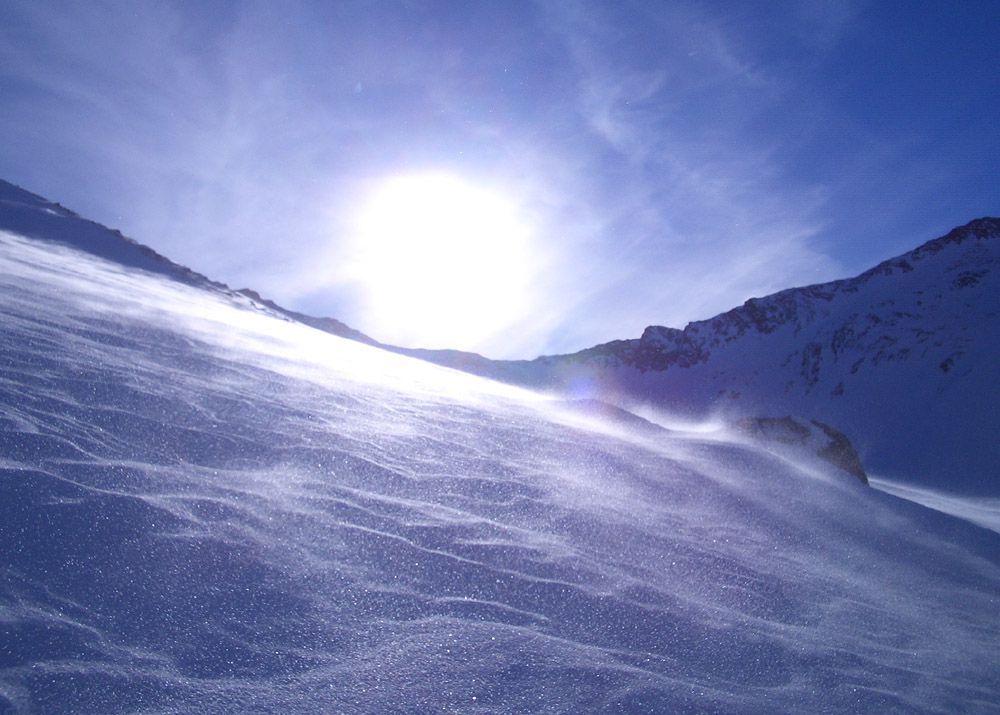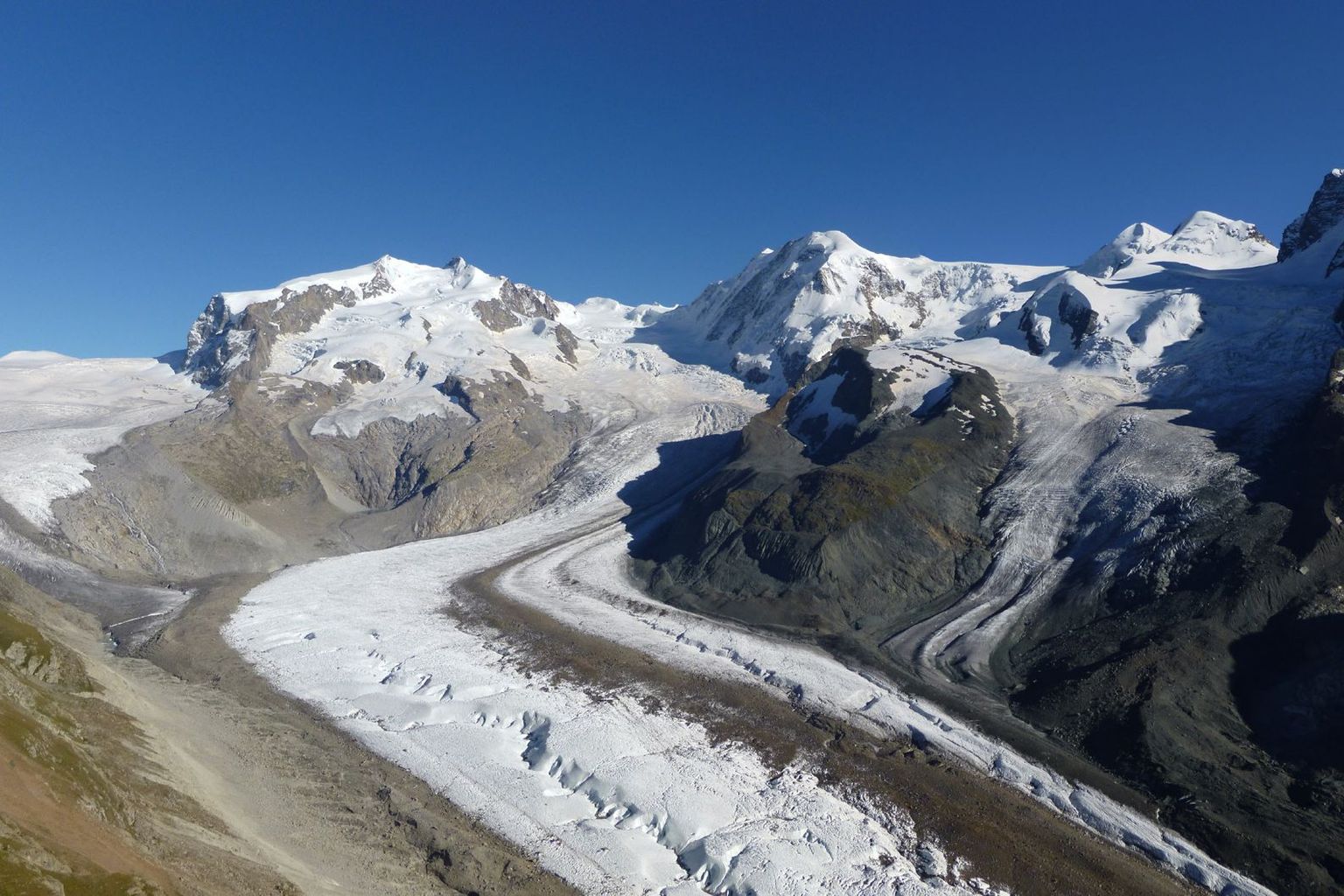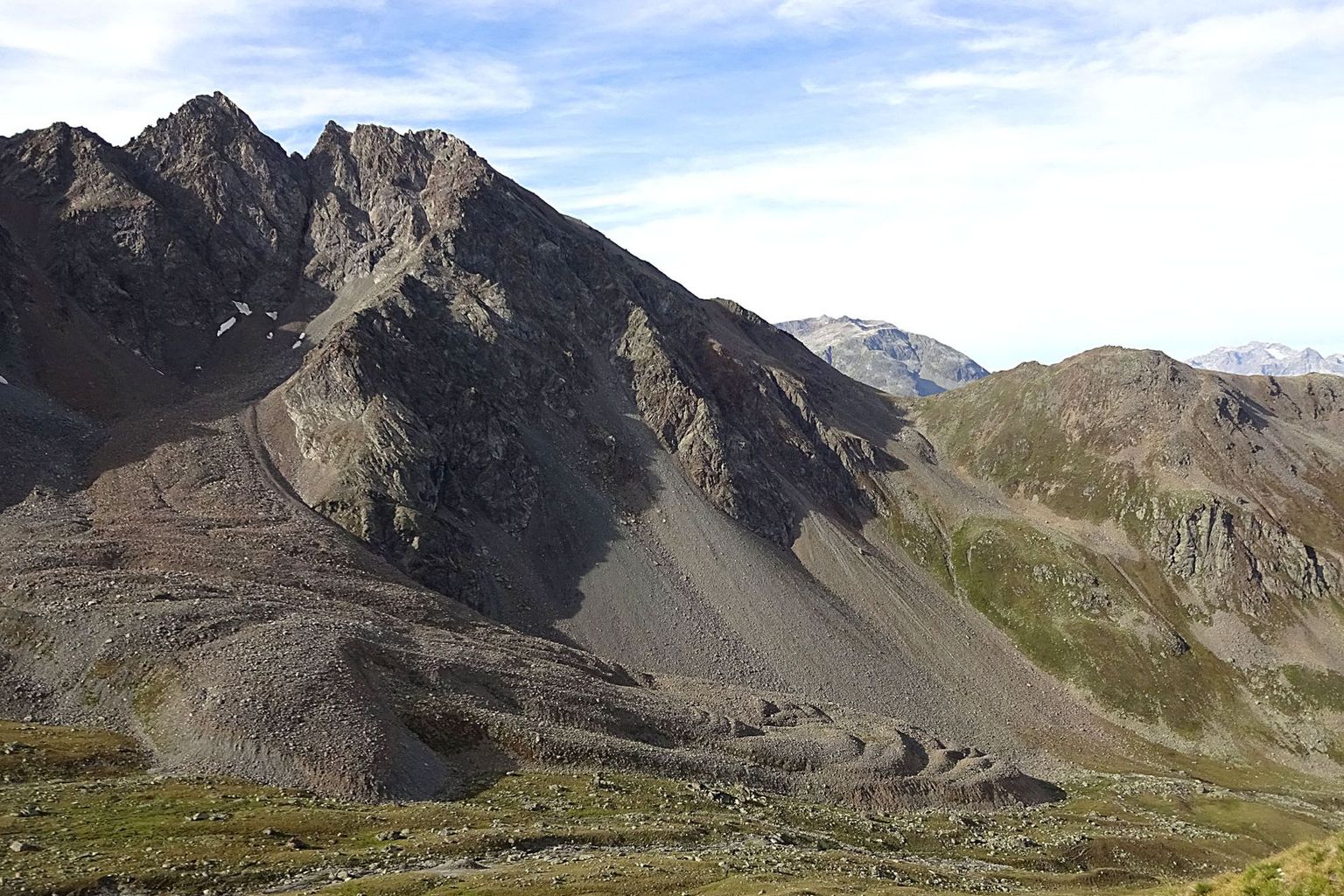Notizie

Abstract Volume Swiss Geoscience Meeting 2025, Bern
Realigning within Planetary Boundaries: Equity and Sustainability in Resource exploration

And Swiss glaciers continue to melt
Glacial melting in Switzerland was once again enormous in 2025. A winter with low snow depth combined with heat waves in June and August led to a loss of three per cent of the glacier volume. This is the fourth largest level of shrinkage since measurements began. Consequently, the ice mass reduced by one quarter in the last ten years. This was reported by GLAMOS, the glacier monitoring network in Switzerland, and the Swiss Commission for Cryosphere observation (SCC) of the Swiss Academy of Sciences.
Immagine: Matthias HussRapport sur la cryosphère suisse 2023/2024
Malgré une abondance de neige: pousuiti du recul des glaciers et du pergélisols dans les Alpes suisses
Immagine: SKK



